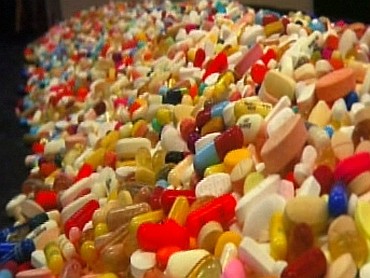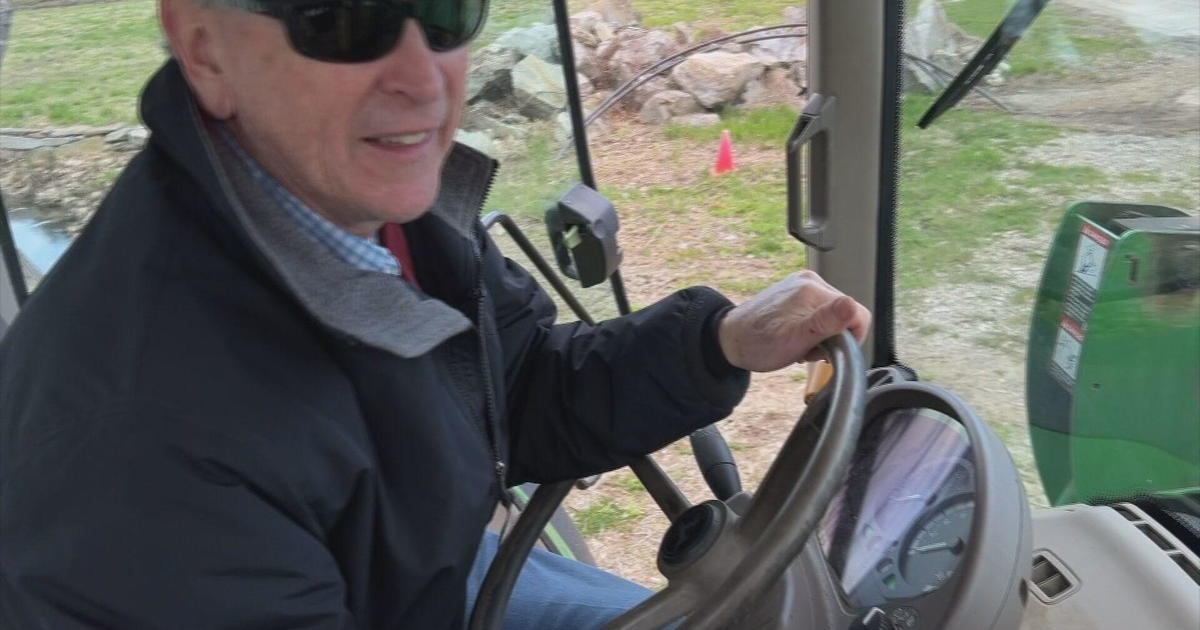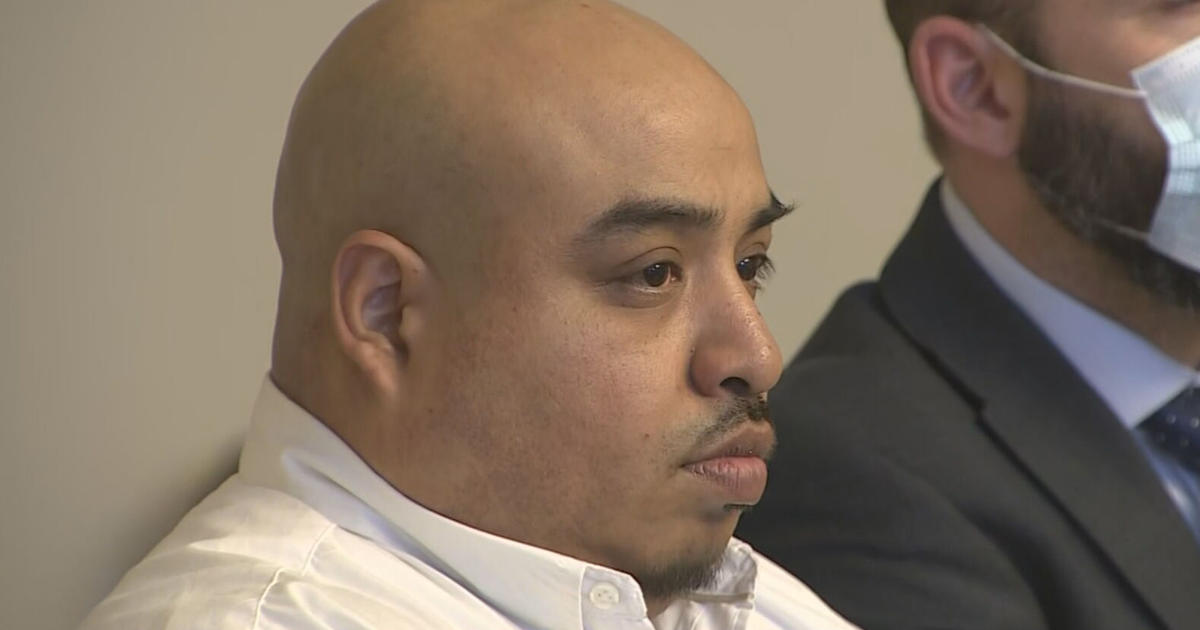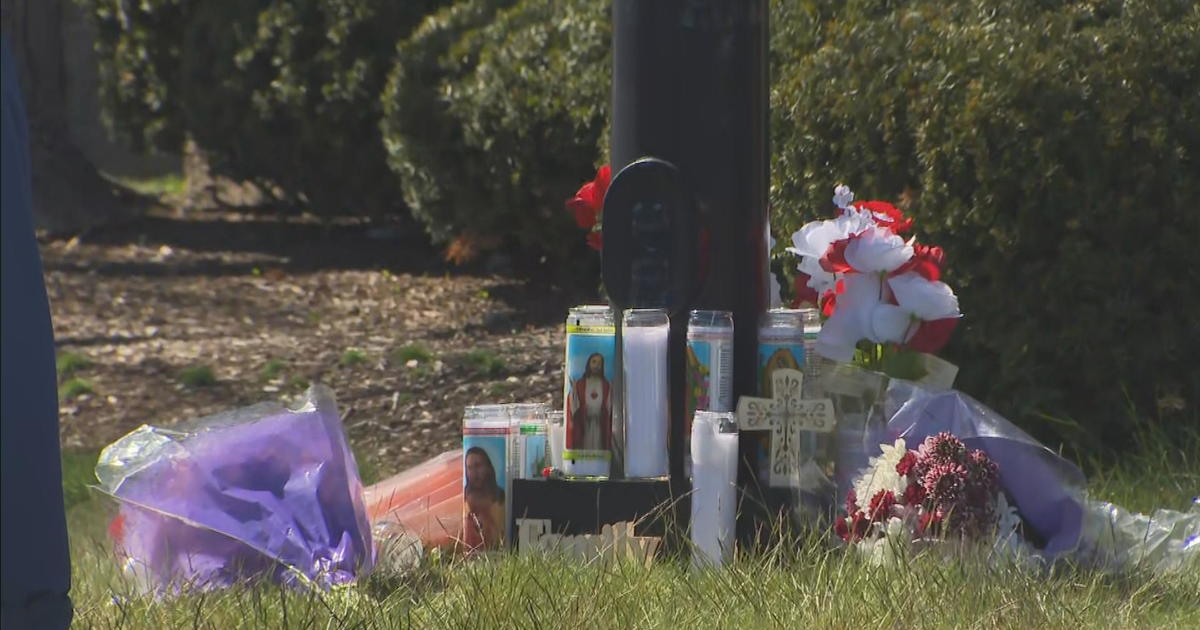Curious About Prescription Drugs In Drinking Water
 CBS
CBS
It's a staggering number when you consider more than 40 billion prescriptions are written in this country every year.
The problem is that about a third of them get discarded.
Hearing about this prompted Mike from Sandwich to Declare his Curiosity:
"Where do pharmaceuticals end up that are flushed down the toilet? Won't these medicines end up in our tap water?"
The answer is these drugs can end up in some water supplies, and there are many questions about it means for our health.
DRUGS IN THE WATER
Becky Smith of Clean Water Action says that pharmaceuticals are showing up in rivers, streams, and ponds.
When unused medications are flushed down the toilet, they end up in the waste water according to Smith.
This tainted waste water can then make its way into ground water and "can be used as it becomes surface water, or we pump it up to become well water."
When asked the risk to people consuming this water Smith said, "We don't understand what levels can be harmful to people, and we also don't understand ways that these chemicals can react to one another."
Smith added, "We don't understand how they can react with chemicals we use to make our water clean and safe."
WHAT THE DRUGS DO
Across the country, tests have shown traces of drugs used for heart problems, epilepsy, asthma, and depression, among others, in various water supplies.
So far, no traces have been found by the Massachusetts Water Resources Authority which supplies water to most of metropolitan Boston.
In some lakes and ponds, male fish exposed to some hormonal drugs have developed feminine traits.
Smith says people are not that much further up the food chain and should be concerned by this trend.
DRUG COLLECTION PROGRAMS
Simpson's Pharmacy in Pawtucket now collects unused medications as part of the www.disposemymeds.org program.
As pharmacist Cheryl Stoukides shook a big box filled with old drugs, she said, "This would have ended up in a landfill, or in your water supply."
Stoukides says they have had an excellent response to the free program.
She believes proper recycling can keep prescriptions out of the hands of teenagers.
The elderly also benefit.
Often they can get confused if their medication is changed and they still have old pills around the house.
As a pharmacist, Stoukides says she can ask the patient why they are you returning the drug.
"'Are you being non compliant and you have extra? Is it truly a drug that has been stopped?' So for us, it's an excellent point of contact with that patient, to find out why they are returning that med," she said.
NEW ISSUE
The discovery of trace pharmaceuticals in water is a relatively new environmental issue.
But it is one of great concern as more and more prescriptions are written, and more health questions are raised.
According to Smith, "It is an emerging contaminant to pay a lot of attention to."
Last year the environmental group Silent Spring tested six ponds on Cape Cod and found, among other things, trace levels of antibiotics and hormonal drugs.
MWRA has posted what it does to monitor water safety on its website.
© MMX, CBS Broadcasting Inc. All Rights Reserved.



